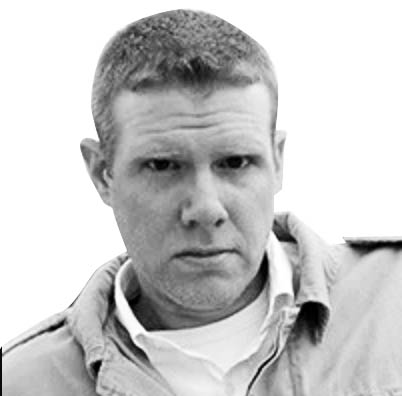World
ORLANDO SIERRA / Getty
In Little Honduras a Loyal U.S. Client, and Tyrant, Backed by Trump and the Bananan Republicans
DÉJA COUP
Rigged elections. Dead protesters. Why is Trump supporting such a bad guy in Honduras? (And why are the cartels so happy about the situation?)

Trending Now




